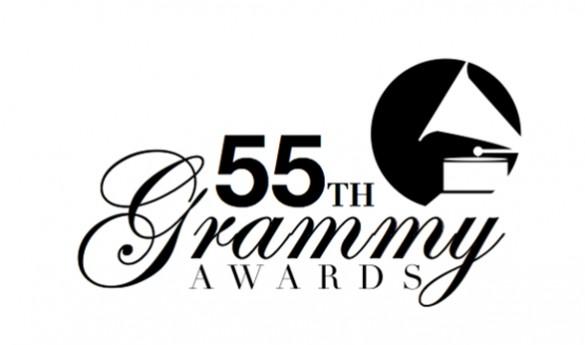OPINION: Grammy Awards fail to reflect music reality
Known as the “biggest music show on television,” The 55th Grammy Awards airs this Sunday, Feb. 10 at 8 p.m. on CBS. However, does a Grammy award, or even a nomination, hold weight anymore? Are the Grammys truly a reflection of today’s great music?
It’s easy to argue no. Take a look at the nominations for “Best New Artist.” The list includes the band Fun., which has been making music since their 2009 debut album, “Aim and Ignite.” Last year’s “Best New Artist” award went to Justin Vernon, better known as Bon Iver. The award came despite his already receiving critical acclaim for his first album in 2007, “For Emma, Forever Ago”—hardly a “new” artist to say the least.
In order to be eligible for this year’s Grammy Awards, an album must have been released between Oct. 1, 2011 and Sept. 30, 2012, shutting out many bands and musicians along the way including Of Monsters and Men, Regina Spektor and Kendrick Lamar, just to name a few.
“I think, to me, the biggest missed opportunity [at the Grammys] are the bands and artists that could benefit from a Grammy or a nomination,” California-based pop culture writer Chris Epting said in an interview. The small, independent artists tend to get shut out over the moneymaking pop star.
Part of the problem is boiling down a year of music into five to six nominees for each category. With music genre lines being blurred, it becomes difficult to categorize songs as strictly pop, rock, etc. Nowadays one artist or band can’t be categorized into one cookie-cutter genre. Take, for example, the Mumford & Sons’ song “I Will Wait.” The band’s single has gotten a lot of music play on the radio and is nominated in a category entitled “The Best Rock Performance.”
How can a band that uses an acoustic guitar and a banjo be categorized as “rock”?
I’m scratching my head too.
“By boiling it down to five to six nominees—more than TV, Broadway—music really runs the gamete of what is out there,” Epting said. No longer are artists classified into just one genre; they usually fall under two or three. However, you have to give the Grammys a bit of a break. With all the music that comes out on a daily basis, trying to categorize and narrow down nominees can be tricky.
“To boil it all down, to really narrow categories in an industry that is so diverse, is difficult. So I think they’re doing the best they can do, but there is no way to satisfy everything in music,” Epting said.
One thing that has helped the Grammys are the live performances. The Grammys have changed to include more live acts, helping bands earn recognition.
Take, for example, the 2011 Grammy Awards where Bob Dylan played a medley with Mumford & Sons and the folk band The Avett Brothers. Relatively unknown to mainstream music listeners, this Grammy performance introduced audiences to a lot of new music that they may have not been exposed to otherwise. The main strength of the Grammys has been the live, collaborative performances that not only showcase talent, but also provide exposure for lesser-known musicians.
Audiences don’t seem to really care if someone wins an award or not. Instead, people tune in to see the live performances. The Grammys are now used to showcase live talent, rather than focus on the distribution of awards.
“With the record industry crumbling, bands tend to make more money on the road than with record sales,” Epting said. “There has been a refocusing on live music, and the more the Grammys can do live shows the better it is a reflection of the industry.”
The music aside, the Grammys are watched, instead, as way for audiences to catch the next celebrity train wreck. For example Nicki Minaj’s 2012 performance was all anyone was talking about the next day.
Minaj came out to introduce her alter-ego “Roman” and performed on stage with dancing monks and a priest to introduce her song “Roman Holiday.” She began her performance with a video clip from her film describing the exorcism of her alter ego. Minaj’s act was seen as some sort of bizarre performance art that no one seemed to be able to explain. In fact, a year later, it’s still really unclear what was going on stage.
|
|
| Singer Adele at the 2012 Grammy Awards where she won in all of the categories she was nominated for (Photo courtesy of Eonline.com). |
But then you have shining moments such as last year’s Grammy awards when Adele knocked out the competition with her album “21.” She isn’t an over-processed tween pop star: she actually sings. Her album didn’t just sell records; the album was also well-received by many music critics. In this case, the Grammys truly seemed to reflect talent, and not just the moneymakers of the industry with their latest top 40 radio hit.
Epting says that Adele’s winning streak was a good thing for the music industry, and hopefully a way that the Grammys can increase the showcasing of real musicianship.
Whether you’re watching for the train wreck of the night or the live performances, this year’s Grammys are sure to either introduce you to new music or make you frustrated.


